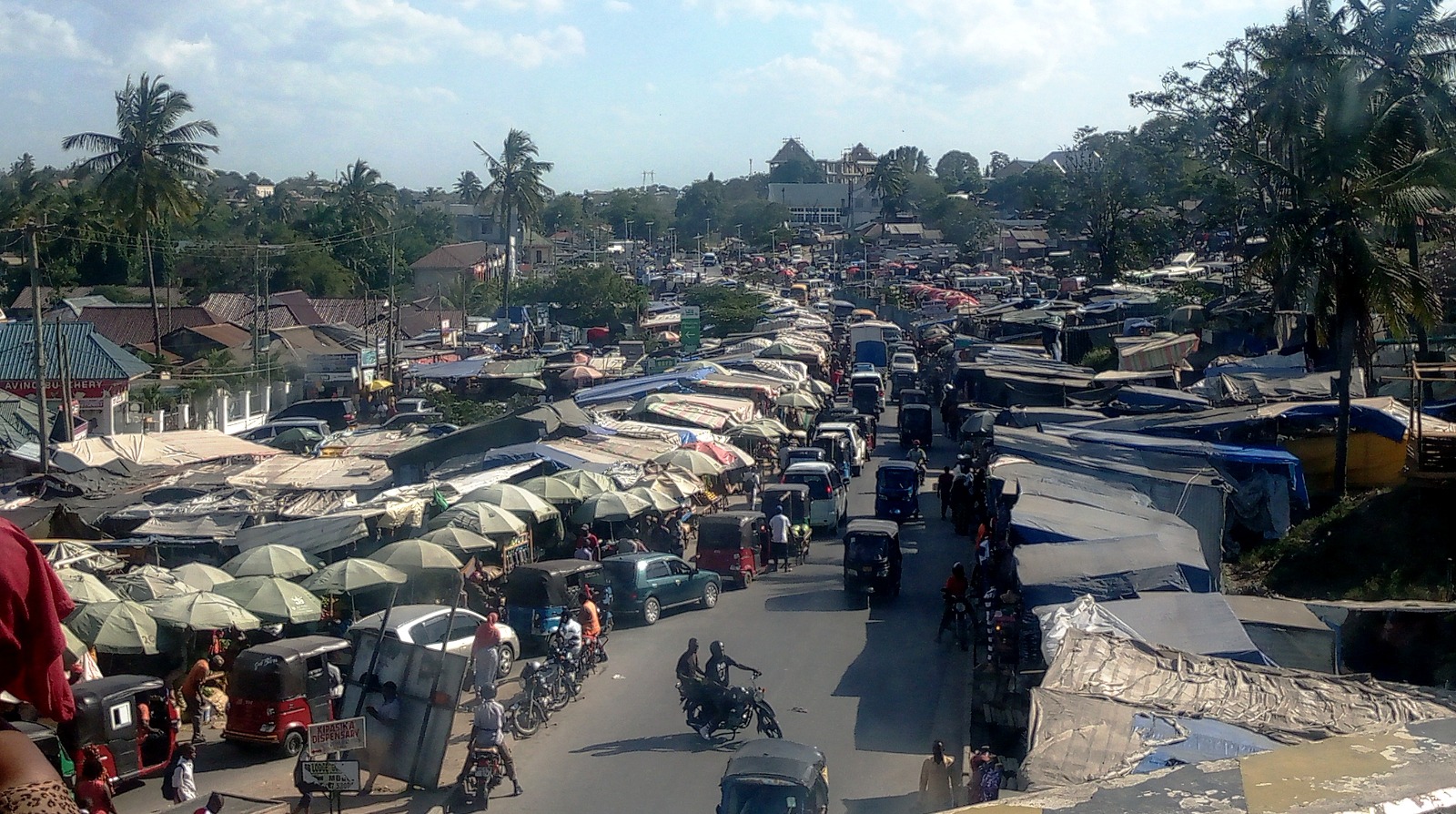‘Food processing best job hopes for youths’

AS Africa's youth population continues to grow, with one billion projected to be aged between 15 and 35 years by 2063, food processing offers a sustainable avenue for youth employment, a French-backed study has indicated.
Dr Ousmane Badiane, executive chairman of Akademiya 2063, and co-chairman of the Malabo Montpellier Panel which conducted the study, the first university being in Equatorial Guinea and the second on the French south coast, said that a growing class of wealthier, time-constrained, mostly urban populations in Africa was looking shelf-stable, ready-to-eat, ready-to-cook, or easy-to-prepare processed foods.
“This demographic pattern is changing the types and amounts of food in demand, and the food processing sector must advance rapidly to keep pace,” he said.
The continent's urban population is projected to increase from approximately 43 percent of total population in 2020 to 60 percent by 2050, with the middle class projected to account for 42 percent of the population by 2060, the report noted.
The food processing sector currently faces difficulties in meeting the demands of its growing population, from environmental factors like climate change and water shortages but also structural constraints.
The latter set of woes is related to improving infrastructure and profitability, the development and upgrading of mechanical and information technology skills, plus access to diminishing trade barriers, it further noted.
It referred to a "triple pull" in food demand that is creating sizable opportunities for Africa's food processors if they can ramp up competitiveness, the researchers affirmed, pointing at benefits processed foods can offer.
These include the reduction of micronutrient deficiencies through large-scale food fortification, with governments and other stakeholders needing to work together to implement strategies that address the challenges faced in the food processing sector, the report states.
Prof Joachim von Braun, the co-chairman of the Malabo Montpellier Panel working at the Center for Development Research (ZEF) of the University of Bonn in Germany said that the various governments need to promote healthy, safe, nutritious and quality processed foods, since a vibrant food processing sector creates jobs.
"If carefully designed, Africa's food processing can deliver more diverse, nutritious, less perishable and more convenient foods that improve people's well-being, contribute to sustainable economic growth across the continent, and especially women can benefit,” the researcher emphasised.
The sector is already responsible for almost a third of the total manufacturing employment in sub-Saharan Africa, he said, examining data from Ghana, Kenya and Senegal, already making strides with this transition.
For instance, Ghana's ten point industrial transformation agenda has programmes such as ‘one district one warehouse’ to minimize post-harvest losses, along with ‘one district one factory ,' to enable food processors to obtain credit and tax incentives.
It also seeks to set up industrial parks as ecosystems for innovation and entrepreneurship with considerable food systems involvement through value addition, it said.
The authors make some critical recommendations for furthering these efforts, as the panel’s action agenda calls for increased investments in improved technologies, infrastructure plus technical and vocational training.
This will help to foster innovation, with the background of a conducive business environment consisting of tax incentives and better access to credit, they asserted.
Governments also need to strengthen linkages between farmers and food processors, removing trade barriers faced by food processing enterprises, they said, highlighting the fact that Africa’s population is projected to grow by 2.5 percent annually, from 1.2 billion in 2016 to 2.4 billion by 2050.
Top Headlines
© 2024 IPPMEDIA.COM. ALL RIGHTS RESERVED






















